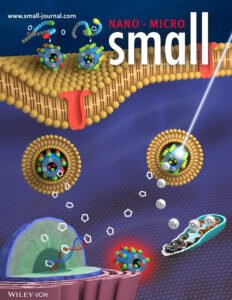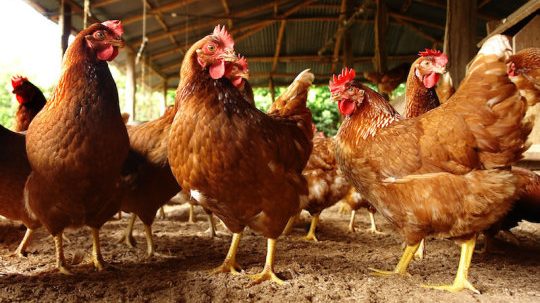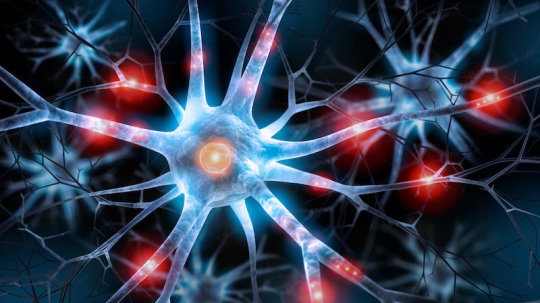This Post has been sponsored by SGI-DNA
The technology allows for mammalian transfection-ready DNA
constructs to be synthesized, assembled into custom vectors, and amplified in a
single day on the BioXp™ Gene Builder, eliminating the need to clone and copy
DNA in E....
Researchers at Northeastern have discovered a new antibiotic that could treat infections caused by some of the nastiest superbugs humanity is facing in the antibiotic resistance crisis.
After two years of work, a team of researchers led by Kim Lewis,...
One of the enduring puzzles of hearing loss is the decline in a person's ability to determine where a sound originates, a key survival faculty that allows animals -- from lizards to humans -- to pinpoint the location of...
Over the last decade, evidence has mounted that the measles vaccine protects in not one but two ways: Not only does it prevent the well-known acute illness with spots and fever that frequently sends children to the hospital, but...
A precise and non-toxic treatment that targets lung cancer cells at the nanoscale is able to effectively kill the cells even at a low dose.
Researchers from Washington State University and the Department of Energy's Pacific Northwest National Laboratory (PNNL)...
The world is experiencing unprecedented economic growth in low- and middle-income countries. An increasing number of people in India, China, Latin America and Africa have become wealthier, and this is reflected in their consumption of meat and dairy products....
A toxic cocktail of chemical pollutants in U.S. drinking water could result in more than 100,000 cancer cases, according to a peer-reviewed study from Environmental Working Group—the first study to conduct a cumulative assessment of cancer risks due to...
In experiments in mice, Johns Hopkins Medicine researchers say they have developed a way to successfully transplant certain protective brain cells without the need for lifelong anti-rejection drugs.
A report on the research, published Sept. 16 in the journal Brain, details...
A new study in mice led by UCLA biologists strongly suggests that serotonin and drugs that target serotonin, such as anti-depressants, can have a major effect on the gut's microbiota—the 100 trillion or so bacteria and other microbes that...
The ability to edit genes in living organisms offers the opportunity to treat a plethora of inherited diseases. However, many types of gene-editing tools are unable to target critical areas of DNA, and creating such a technology has been...
Tissue engineers create artificial organs and tissues that can be used to develop and test new drugs, repair damaged tissue and even replace entire organs in the human body. However, current fabrication methods limit their ability to produce free-form...


















